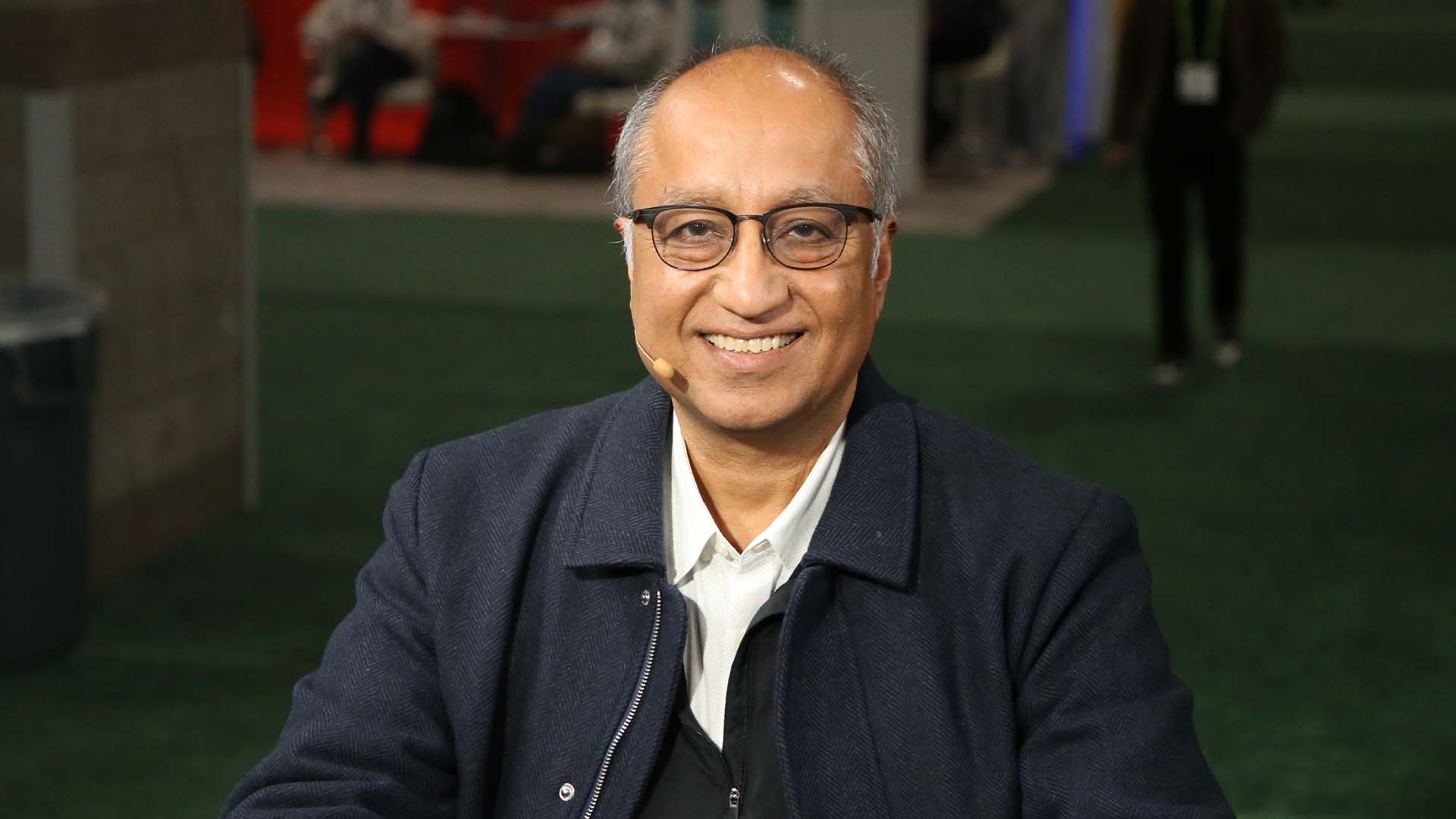 AI
AI
 AI
AI
 AI
AI
The transformational impact of artificial intelligence on enterprise technology is unquestionable, but players and spectators alike are waiting to see who will harness its potential.
“AI is a massive shift,” said Renu Raman (pictured), founder of Terizza, a next-generation AI-infrastructure startup. “Everything is happening all at once and everybody’s confused. At the same time, everybody sees the opportunity to do interesting things.”
Raman spoke with theCUBE industry analysts John Furrier and Lisa Martin at SC23, during an exclusive broadcast on theCUBE, SiliconANGLE Media’s livestreaming studio. They discussed how generative AI is changing the industry and its place in the history of computing. (* Disclosure below.)
AI is becoming a crucial layer in the “technology stack,” according to Raman, who draws on his history of developing microprocessing chips with Sun Microsystems, Inc. and virtual machine technology at VMware, Inc.
“We have got the [large language] model as a unit of compute … [that] becomes the abstraction layer between what is happening underneath and what … end applications are going to be developed,” said Raman, who compares the emergence of LLMs to that of VMware, which formed a middle layer between the foundational hardware and the final applications.
With AI models now forming that middle abstraction layer in the stack, the hardware and software will need to change, believes Raman.
“You’re not writing code pedantically or procedurally. It’s all declarative as we go on … the new paradigm is the English language,” he said.
AI’s ability to interpret declarative speech and its need for large amounts of data will have enormous effects on the industry, Raman claims.
“The systems of record … used to be databases. Now models could be systems of record. I think that’s where it’s going to be and where it’s going to shape up for the open AI world,” he said, referencing data giants such as Databricks Inc. and Snowflake Inc., which will be battling major enterprise players, such as Oracle Corp. and SAP SE, for supremacy.
As for the future of Terizza, “we are still in stealth mode,” said Raman, who hints at a new, “memory-centric” operating system. “We are figuring out all the pieces.”
Here’s the complete video interview, part of SiliconANGLE’s and theCUBE’s coverage of SC23:
(* Disclosure: TheCUBE is a paid media partner for SC23. Neither Dell Technologies Inc., the main sponsor of theCUBE’s event coverage, nor other sponsors have editorial control over content on theCUBE or SiliconANGLE.)
THANK YOU